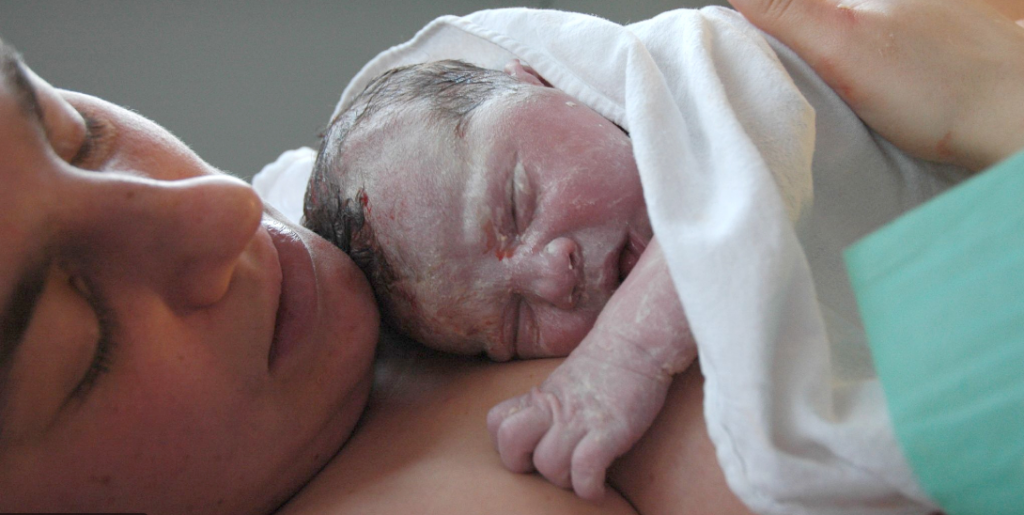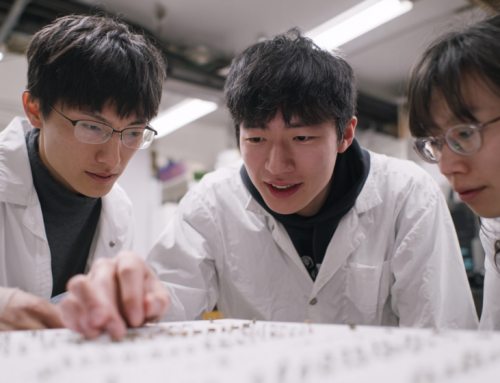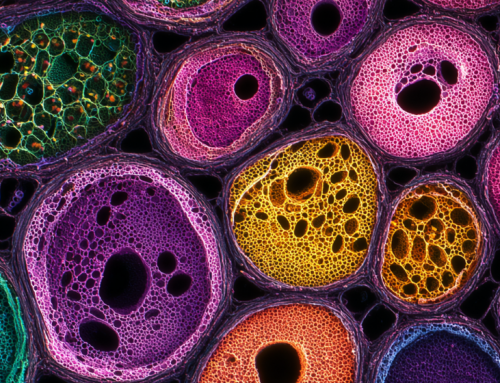
Nearly 300,000 women globally still perish during childbirth.
AI-Run Ultrasound to Track Fetal Health Could Reduce Deaths
Having a baby safely has gotten very high tech thanks to some new algorithms from Samsung Medison. According to the World Health Organization, about 295,000 women died during pregnancy and following childbirth in 2017. Research from the Perinatal Institute shows that tracking fetal growth can help prevent stillbirths, as it allows physicians to recognize growth issues.
An article from venturebeat.com describes how technology will monitor fetus health from inception to birth through the Cadillac of ultrasound technology.
Intel and Samsung Medison, a division of Samsung developing ultrasonic devices, today detailed AI-powered, FDA-cleared ultrasound solutions — BiometryAssist and LaborAssist — that automate fetal health measurements. The companies claim BiometryAssist and LaborAssist can deliver a better understanding of a patient’s birthing progress by automatically taking metrics like the fetal angle of progression during labor.
Intel and Samsung Medison say BiometryAssist and LaborAssist perform measurements in as little as 85 milliseconds, courtesy of Intel’s machine learning toolkit OpenVino. BiometryAssist and LaborAssist estimate the baby’s head direction and fetal position, suggesting the right mode of delivery and potentially reducing the number of unnecessary cesarean sections. Using machine vision algorithms to analyze ultrasounds, the apps are capable of measuring head angle to within 8 degrees with 95% confidence, according to an internal Samsung test on Intel hardware.
Already in use in 80 countries, including the U.S., Italy, France, Brazil, Russia, and South Korea, the companies plan to collaborate on emerging ultrasound technologies, like nerve tracking.
Investors have shown tremendous interest in the technologies. In August 2018, Dia Imaging Analysis raised $5 million for machine learning tools that analyze ultrasound scans. In September 2018, Butterfly raised $250 million to further develop its semiautomated full-body ultrasound technology. And last month, Exo raised $40 million to bring an AI-powered cloud-based workflow to ultrasound scanners.
Once again the medical profession has taken a giant step forward thanks to AI algorithms. From reading x-rays to training surgeons to helping guide patients to their best possible outcome in childbirth, AI is changing the world and making it safer for pregnant women.







Leave A Comment